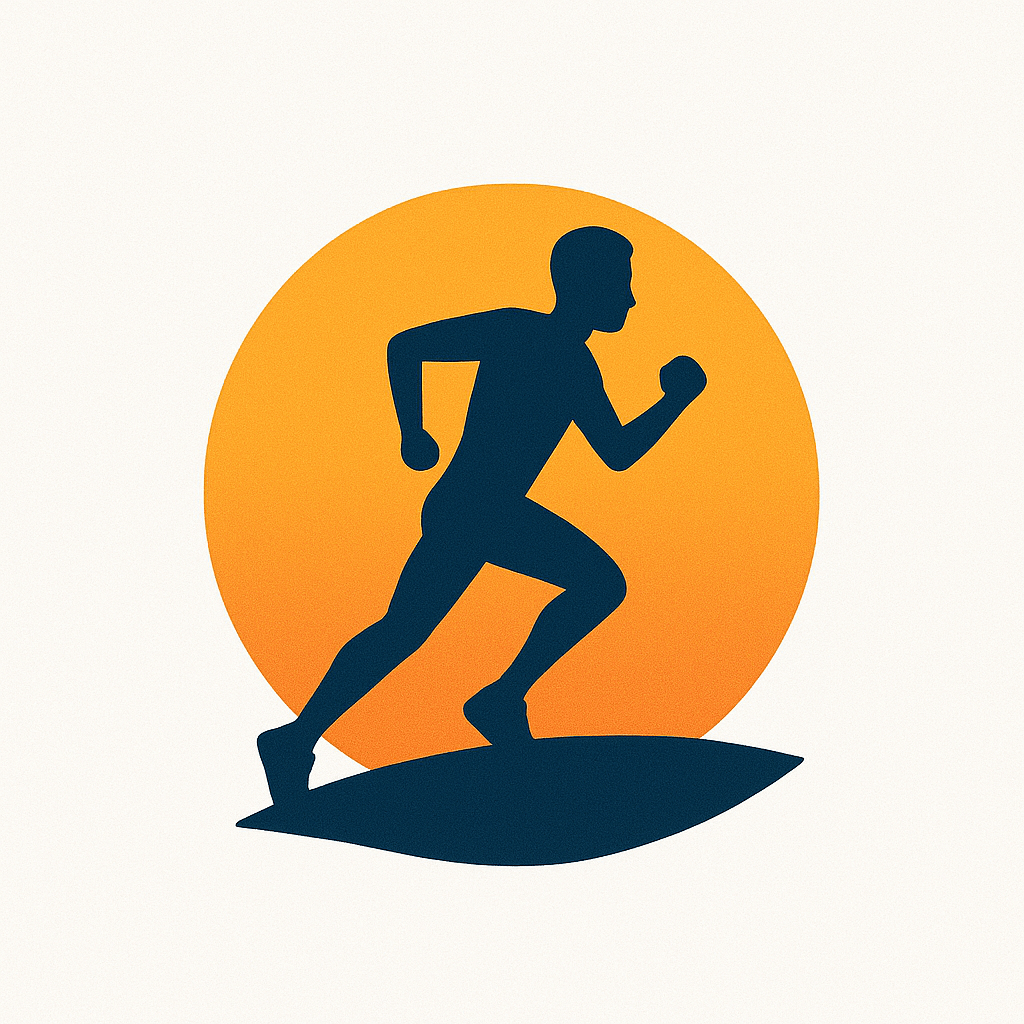The Morning Dilemma: To Eat or Not to Eat?
You wake up, the sun barely peeking over the horizon. Your running shoes beckon, but your stomach is silent. Should you head out for that run on an empty stomach, or take the time to fuel up first?
This is the fasted running debate—a topic that has stirred discussions among runners and fitness enthusiasts alike.
Fasted running, or running without eating beforehand, is a practice some swear by for fat loss and metabolic benefits. Others caution against potential energy deficits and muscle loss. So, what’s the truth?
Let’s dive into the science, benefits, and drawbacks to help you make an informed decision.
What Is Fasted Running?
Defining the Practice
Fasted running involves going for a run after a period of not eating, typically after 8–12 hours of overnight fasting. This means most fasted runs happen in the early morning, before breakfast.
Why People Do It
People try fasted running for various reasons:
- Fat utilization: To train the body to burn fat more efficiently.
- Improved insulin sensitivity: Believed to improve metabolic health.
- Simplicity: No need to eat or prep before running.
The Science Behind It
Fat Burning vs. Performance
Fasted running can increase fat oxidation. This means your body taps into fat stores for energy, particularly during lower-intensity, longer runs. However, it doesn’t automatically result in more fat loss overall—calorie balance still matters.
High-intensity or long-distance efforts might suffer without sufficient glycogen. You may feel sluggish, fatigued, or even lightheaded if you push hard without fuel.
Hormonal and Metabolic Impacts
Training in a fasted state may increase cortisol (a stress hormone), and affect blood sugar regulation. While this could help adapt your body to challenging conditions, it may also raise the risk of fatigue or burnout if not managed properly.
The Pros of Running on an Empty Stomach
Potential Benefits
- Improved fat metabolism: Especially during lower-intensity runs.
- Time efficiency: Great for those with packed schedules.
- Mental discipline: Running fasted can train both your body and mind to handle discomfort.
Who Might Benefit Most
Fasted running could be useful for:
- Runners with weight loss goals.
- Athletes preparing for events requiring fat adaptation (like ultramarathons).
- Early birds who don’t enjoy eating before workouts.
The Cons and Risks of Fasted Running
Energy Drain and Bonking
Running fasted can lead to an early energy crash, especially during longer or more intense sessions. Without available carbohydrates, your body may “bonk”—a sudden drop in energy and performance.
Muscle Loss and Recovery
Fasting combined with hard running can lead to muscle breakdown. Without protein and carbs before training, muscle recovery may be slower and less effective.
Not for Everyone
Fasted running isn’t ideal for:
- Individuals with blood sugar sensitivity or medical conditions.
- Those recovering from disordered eating.
- Pregnant women or people with high physical demands.
What the Experts Say
Coaches and sports dietitians often recommend a balanced approach. For some, fasted runs provide a helpful training tool. For others, especially performance-driven athletes, the risks may outweigh the benefits.
Most experts agree: context matters. Short, low-intensity fasted runs might be fine. But higher intensity or longer sessions typically call for pre-run fuel.
Should You Run Fasted?
Ask Yourself:
- What are your goals—fat loss or performance?
- Do you feel energized or drained when you run fasted?
- How long and hard is your run?
How to Try It Safely
- Start small: Test fasted runs with short, easy efforts.
- Hydrate well: Drink water or add electrolytes pre-run.
- Recover properly: Eat a balanced meal within an hour post-run to support muscle repair and replenish energy.
Conclusion: Know Your Fuel, Know Yourself
Running fasted is a tool—not a rule. Whether it’s right for you depends on your goals, your body, and how you feel.
Listen to what your body is telling you. Try different strategies and notice how they impact your energy, mood, and performance.
Ultimately, it’s not about trends. It’s about finding what fuels you best—on the run and in life.






Leave a Reply